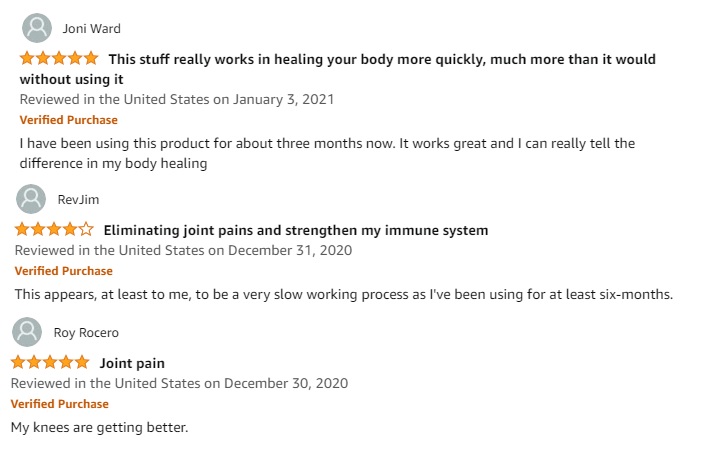Here’s the latest reviews on Stem Cell Worx Intraoral Spray. Enjoy the rapid onset of benefits through spray delivery for reduced pain and inflammation more energy, rapid repair and renewal. Learn more at: www.stemcellworx.com


|
| Privacy Policy |
| Copyright © 2026 Stem Cell Worx LLC. All Rights Reserved |